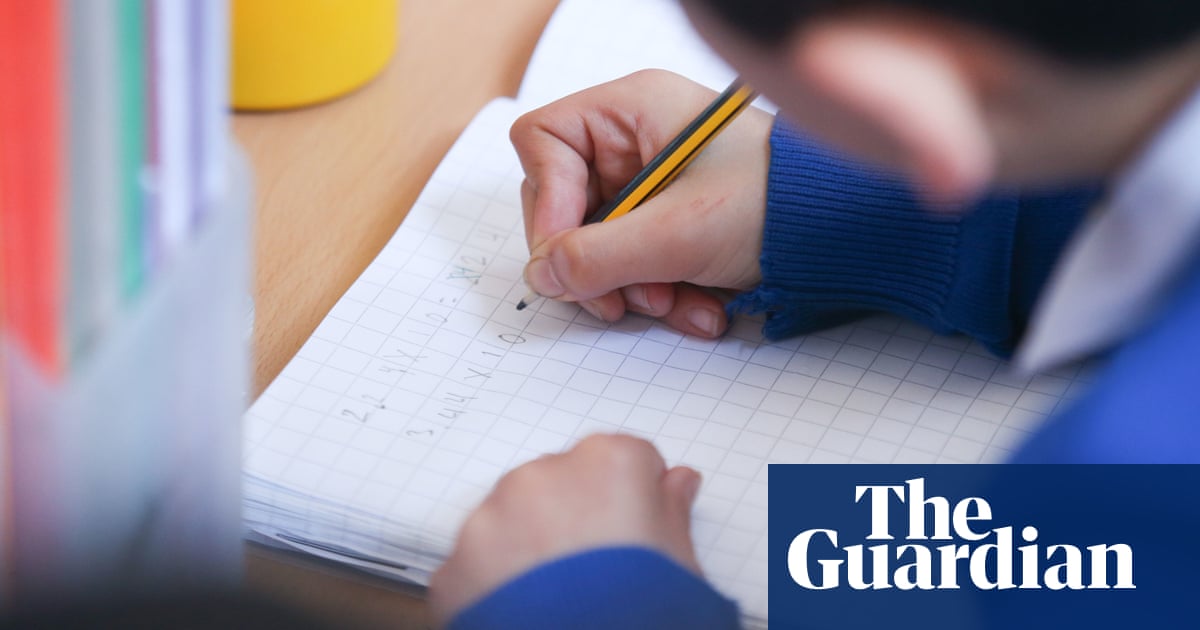
Schools that prioritised sending food parcels to their poorest pupils during lockdown in England may not have been able to focus on providing an education to all their students, the head of Ofsted has claimed.
Amanda Spielman said it was “admirable” for staff to focus on children who were in greatest need when the pandemic first hit, but this may have had consequences for the calibre of learning a school was able to provide for all children.
She added: “In a lot of schools it felt as though their attention went very rapidly to the most disadvantaged children, into making food parcels, going out visiting.
“They put a great deal of attention into the children with greatest difficulties which is admirable, but in some cases that probably got prioritised – certainly last summer, the summer of 2020 – which may have meant that they did not have the capacity left to make sure there was some kind of education offer for all children.”
Her comments, given at an Institute for Government event about remote education during the pandemic, were in response to questions about the obvious advantage private schools had when it came to online teaching.
Spielman began her answer by pointing to the disparity in resources between state and private schools.
“The average private school has three times as much money, so far more staff, far more technology to mobilise to switch to teaching remotely,” she said. “So I don’t think we should lose sight of that entirely. But that does not explain the disparities that we saw in the state sector.”
Her comments drew immediate criticism from unions who described them as ill-judged, arguing that school staff had gone to incredible lengths to protect and care for their pupils in “the most unimaginably challenging of times”.
Zane Powles, an assistant headteacher at a Grimsby primary school, was one of many school staff who were hailed as heroes across the country for their role in helping to support and feed the poorest children. He walked five miles every day delivering 78 packed lunches to children entitled to free school meals.
Paul Whiteman, the general secretary of the National Association of Head Teachers said: “From the very start of the crisis, staff looked after the most vulnerable pupils as the country went into lockdown; they effectively reimagined the very concept of ‘school’ as they worked to implement a remote learning offer.
“There is no doubt that this vital work helped to shield large numbers of children from the worst effects of the pandemic.”
In contrast, he said, the solutions offered by central government almost always arrived long after schools had worked things out for themselves. “Schools learned much more quickly than policymakers about what worked and what pupils needed.”
Geoff Barton, the general secretary of the Association of School and College Leaders, added: “Schools have worked very hard throughout the pandemic to juggle many demands which have often been unfamiliar and required entirely new approaches and processes to be put in place. Our experience is that they have done extremely well in balancing these demands and doing the best they can for all their students at all times.”
Spielman was also asked about extending the school day and shortening school holidays to increase learning time as pupils try to catch up after Covid. “Enlarging the school day can certainly make sense provided it’s not just a bit of extra time that somebody else pastes on. That it’s properly integrated into the curriculum, that it genuinely helps children do better in each of their classes and provides the time for the enrichment.”












